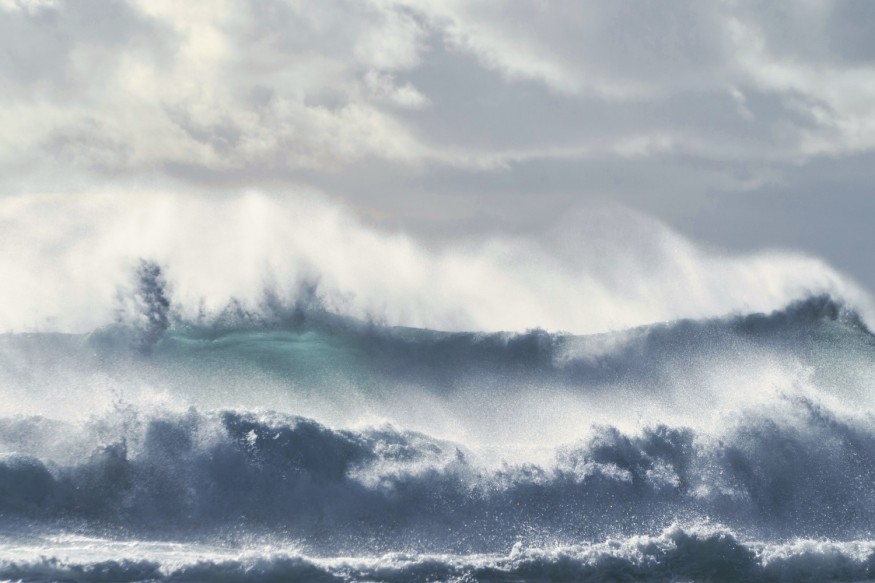The rapid melting of ice sheets in Greenland poses a very alarming ocean conditions for the UK.
Professor Bill McGuire of earth sciences at University College London said this could trigger catastrophic consequences for Britain. In fact, the disappearing sheets could lead to earthquakes and 'submarine' landslides in Greenland which is only 1,500 miles away.
These underwater landsides could mean tsunamis for west of the UK, imposing threats in coastal areas.
"Greenland has been covered in ice for at least 100,000 years. Those faults in the Earth's crust will have been accumulating strain for a very long time," said Professor McGuire at a British Science Festival in Chelmsford, Essex.
"That could certainly impact on the UK. It's not certain, but people who have worked on this say they have speculated about what they call a seismic response in the Greenland area within decades. Britain is in the line of fire."
How devastating tsunamis can be in the UK

Around 8,000 years ago, the largest known submarine landslide occurred at the edge of Norway's continental shelf in the Norwegian Sea, wherein 3,000 cubic km of sediment had collapsed.
The cause of the Storegga slide had been investigated thoroughly, and was soon concluded that glacial deposits left behind after the previous glacial period. The disaster preceded the Storegga tsunami which had an estimated height between 80ft and 16ft depending on where it struck. The size of its wave was believed to have devastating impact upon communities of what is now Scotland and the eastern coast.
It caused large flooding and damage to the land.
The modelling of the Storegga tsunami reveals that this kind of wave could wipe out whole towns today.
"These models give us a unique window into the past to see how the country was, and could be affected again," said lead author of the research, Professor Mark Bateman of Sheffield's department of geography.
Is it too late to prevent reoccurrence of a disastrous event?
Professor McGuire said that we may 'already be past the tipping point', but we can prevent the 'potentially disastrous event' if the melting of the Greenland ice sheets is slowed down, if not stopped.
Greenland's melting glaciers contributed by climate change could not be totally prevented, but gaining a better understanding of the warming ocean could improve predictions of their fate, like possible tidal waves and flooding. Such predictions could help communities form mitigation in case of disasters and coastal ecosystem damage.
Nevertheless, the currently melting ice sheets in Greenland 'at a rate which is constantly accelerating' is still disturbing. No form of mitigation could possibly account for the consequences this could impose to cities and communities, and to mitigate is just a form of recovering what is lost.
As what Oceans Melting Greenland (OMG) Principal Investigator Josh Willis, "When the ocean speaks, the Greenland Ice Sheet listens."
© 2025 NatureWorldNews.com All rights reserved. Do not reproduce without permission.





